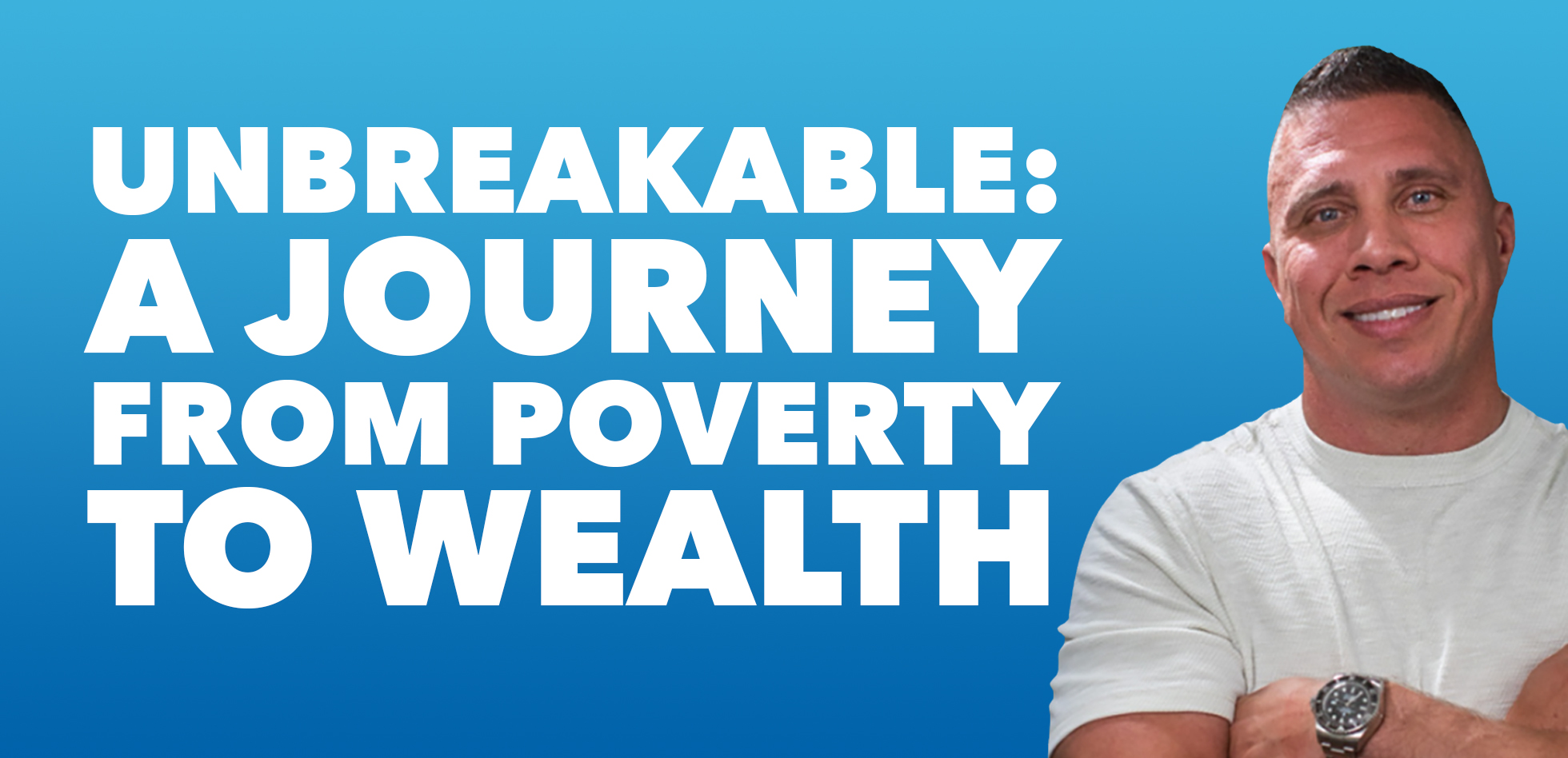Whether you’re a real estate agent, financial advisor, insurance agent, or any other service-based sales professional, the only way you will survive automation is by rising above the mediocrity of a transactional service.
What do I mean by transactional? Transactional service is executing the job in the way that your customers have come to expect—taking in data, analyzing data, and spitting out a result. You’re effectively taking people from point A to point B.
For many years, this was somewhat acceptable. But, as technology has gotten increasingly advanced, it’s no longer enough. Today, a machine can take in the same data and process it, and an app can complete a transaction.
Let’s say a customer wants a home of a certain size for under $300,000. They’ll need two bathrooms and a pool in the backyard. All of this information is available in the MLS. iBuyers can find this information and present it to the client. All of the necessary contracts can then be completed online.
Seemingly all of the conveniences that salespeople used to offer can now be automated. This is a really attractive option for many buyers. And, in many ways, it’s easy to see why.
Think of using a vending machine. You put in the money, and out pops the can of soda. You wouldn’t bypass the vending machine to pay more from an employee at the counter. Why, then, would you go to a real agent or a financial advisor and pay more for their services?
Ultimately, you choose to go to the salesperson because of the human connection they offer. The biggest drawback of machines is that they can’t understand all the nuances of human emotion—they can only interpret the information they’ve been provided.
A real estate agent is a lot more intuitive than an iBuyer. They know not only that a family has two kids and needs a bigger house, but also the dynamics of where they’re at in their lives. Suppose one of the children has a disability. An agent can understand the effects and implications of the disability, and guide the family through the process in an emotionally grounded way.
In other words, the agent—or advisor, interior designer, etc.—serves as not just a salesperson but also a guide through the process.
Thanks to modern conveniences like smartphones, GPS devices, and hiking equipment, you can now climb Mount Everest by yourself. Why do so many people still choose to take a guide? They take the guide because, if something goes wrong, they’ll want the expertise of someone who has been there and done it.
This is also true for real estate agents or financial advisors. There are moments when buyers are flustered, frustrated, or overwhelmed, and they want to pull out of the process altogether. How do you program a machine to deal with a buyer, seller, or investor who is being irrational? How do apps learn to read between the lines when a customer can’t quite articulate what it is they’re feeling?
When you’re a real estate agent, one of the most important parts of your job is solving problems and eliminating the stresses and worries experienced by your clients. If you’re not taking away the stress and worry, you’re going to be replaced.
A financial advisor can let their clients know they’re handling everything for them, and reassure them that their investments will grow. If a client has to think or worry too much about their wealth, they might as well use a computer to process the technology and invest the excess funds they’d use to pay an advisor.
Whatever line of work you’re in, you need to get out of the transactional mind-set. Learn to be a guide. Do all you can to reduce client anxiety and provide a service rather than a transaction.
Once you’ve closed the deal with a client, remember that they hold the key to years of repeat business and referrals. Follow up regularly to see how they are doing and whether they need anything. Be available to answer questions and offer value.
Become an expert not just in your field, but in your local market. Retain knowledge of local resources, events, and market trends that you can share with your clients. When you do this, you make yourself an indispensable resource and decrease the odds that your clients will turn to an app the next time they need your business.









 Apple Podcasts
Apple Podcasts
 Google Play
Google Play
 Spotify
Spotify












